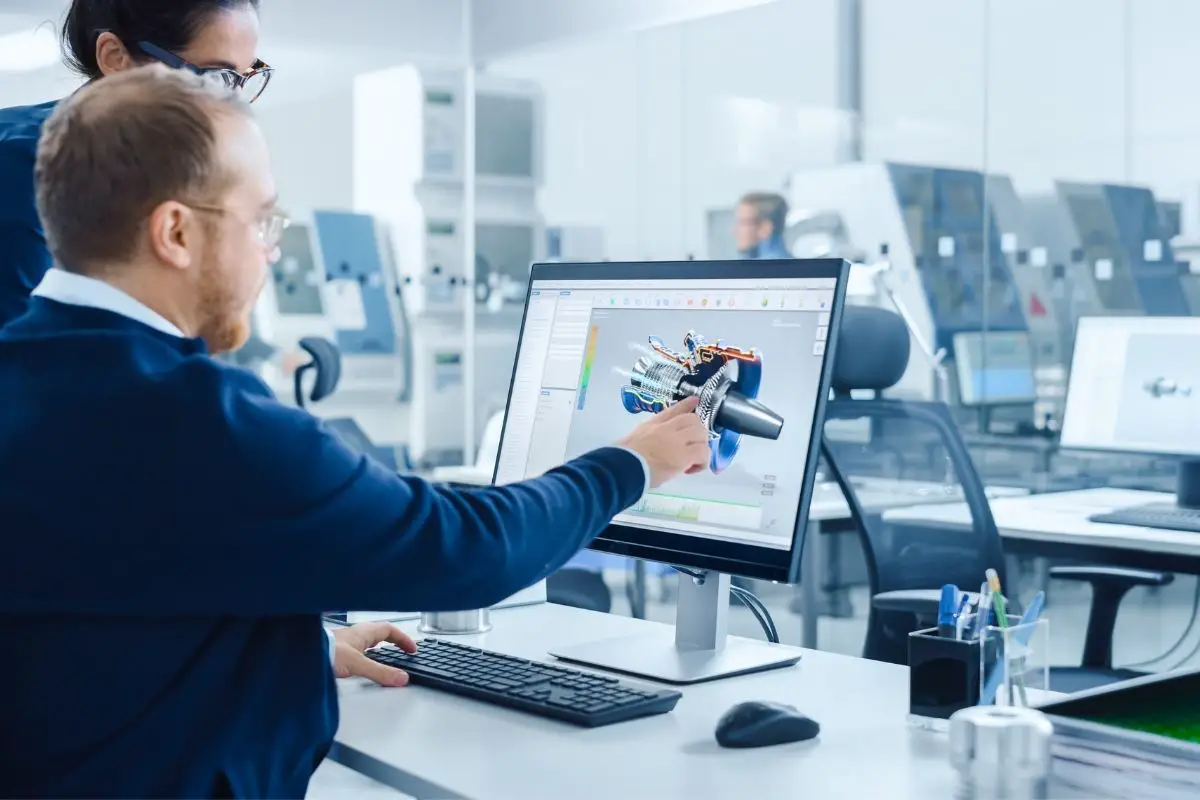
Deutz hydrogen fuel engine will hit full production in 2024
August 18, 2021The company’s zero-emission drive systems are ready for market after passing its initial tests.
Deutz (ETR stock code DEZ), has developed a new hydrogen fuel engine with the intention of speeding up the adoption of low- and zero-emission drive systems.
The Cologne, Germany product has undergone its initial testing and has successfully passed.
The Deutz TCG 7.8 hydrogen fuel engine is now moving forward beyond its initial testing and will begin its manufacturing. It is slated to reach full production in 2024. After the initial testing phase, the first pilot application for the H2 engine will be in stationary power generation equipment. This first real-world application is a component of a regional utility company partnership with Deutz.
The next phase of testing will start next year. Those tests will be focused on demonstrating the suitability of this H2 powered equipment for everyday use. That testing will be integral to progressing forward and reaching its production targets two years afterward.
With the hydrogen fuel engine ready for market, the company is taking aim at both applications.
“Deutz are pioneers of carbon-neutral drive systems for off-highway applications. We already manufacture clean and highly efficient engines,” said Deutz CEO Dr. Frank Hiller when discussing the H2 tech development. “Now we are taking the next step: Our hydrogen engine is ready for the market. This represents an important milestone that will help us to make our contribution toward the Paris climate goals.”
This technology has shown to be not only carbon neutral in its operation, but also runs quietly, meaning that it won’t contribute to any additional noise pollution beyond levels from current conventional technologies.
“The six-cylinder TCG 7.8 H2 is based on an existing engine design. Generating a power output of 200 kW it runs carbon-neutral and very quietly,” explained Deutz Chief Technology Officer Dr. Markus Müller. “In principle, the engine is suitable for all current DEUTZ applications, but due to the available infrastructure it is likely to be used first in stationary equipment, generators, and rail transport.”
The new hydrogen fuel engine drive systems have considerable potential when taking into consideration current trends toward decarbonization worldwide.



 HFN News is your leading source for fresh hydrogen and renewable energy updates. Amid the fast-paced growth of hydrogen companies, we provide top-notch news and insights about this exciting sector. Our coverage spans from hydrogen cars to global sustainable initiatives, and we highlight the latest in green jobs and developing hydrogen hubs. We invite you to share your local hydrogen news and explore today’s renewable energy job listings on our site. Thanks for choosing HFN News as your trusted guide to the hydrogen and renewable energy world!
HFN News is your leading source for fresh hydrogen and renewable energy updates. Amid the fast-paced growth of hydrogen companies, we provide top-notch news and insights about this exciting sector. Our coverage spans from hydrogen cars to global sustainable initiatives, and we highlight the latest in green jobs and developing hydrogen hubs. We invite you to share your local hydrogen news and explore today’s renewable energy job listings on our site. Thanks for choosing HFN News as your trusted guide to the hydrogen and renewable energy world!

With these new engines, how will components of the system change, and what stays the same?
such items as fuel tanks, piping, fuel pumps, and injection, is there any effect on engine temperatures, what maintenance changes and tools are needed.
could I remove an existing engine and drop in a hydrogen unit. Are there changes to HP/kW, any other details, interested retired diesel trainer.
where can i get training in this technology in Australia
Great development ! It will provide much cheaper clean solution than fuel cells, thus effectively promoting the H2 economy.
How NOx emissions are avoided with this H2 ICE at Deutz ? By tuning the engine like a traditional diesel engine (Lambda=2) and using DeNOx system in the exhaust gas piping ? Or by tuning the engine as a typical H2 engine, with ultra lean combustion (lambda = 3 or so, with EGR) ?
A remarkable advantage of hydrogen is that it can be used in a combustion engine and fuel cell. A great German engineering company built some of the first hydrogen combustion engines. The people at Deutz should be commended for developing and offering this advanced Deutz H2 engine to the world. The timing is perfect.
This is great news for Deutz but l haven’t seen anything about the running H2 engine developed and operating in JCB eathmoving equipment.